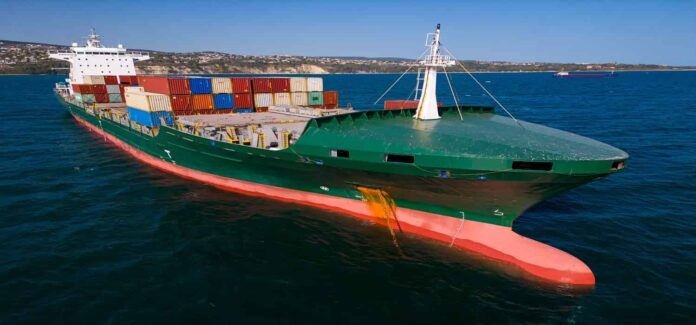
Arab Finance: Engineer Hassan Al-Khatib, Minister of Investment and Foreign Trade, reviewed before the plenary session of the Senate, the state’s policies aimed at facilitating the movement of foreign trade to Egypt, as well as the ministry’s efforts aimed at attracting more investments and increasing Egyptian exports to foreign markets, according to the ministry’s statement.
The minister said that the ministry is in the process of finalizing the formulation of the state’s strategic investment plan, which aims to attract foreign direct investment, with a focus on improving the business environment and facilitating procedures, which enhances Egypt’s competitiveness as a major destination for investment and trade in the region, and reflects the ministry’s commitment to providing sustainable investment opportunities that support growth. Economic.
Al-Khatib pointed out that the country has advanced infrastructure and new cities, and the Egyptian market is characterized by qualified workers. Egypt is also a large consumer market and enjoys a strategic geographical location in the middle of the continents of the world, which facilitates access to countries in the Middle East and the continents of Europe, Africa and Asia.
The minister pointed out that the Egyptian market has distinct investment potentials and opportunities that make it an attractive destination for local and foreign investments, pointing to the increasing demand for new companies that have already begun entering and investing in the Egyptian market, driven by the diverse investment opportunities and great growth potential it provides.
Al-Khatib explained that the Egyptian market has many investment potentials and capabilities, which include the availability of renewable energy sources, its connection to free and preferential trade agreements with more than 70 countries, and also the availability of a large number of investment incentives.
The Minister added that the Ministry is working during the current stage to create a flexible and stable economic environment, as well as an investment climate characterized by transparency and competitiveness, pointing to the current trend of the state to empower the private sector as it is the primary driver of the economic development system.
Related news

